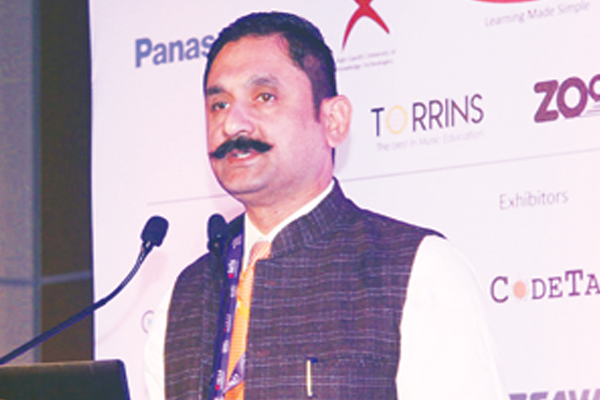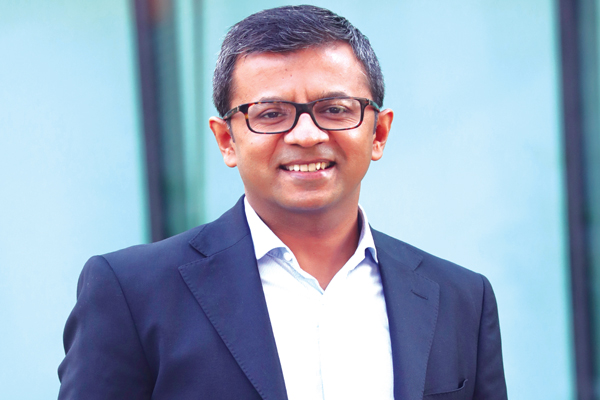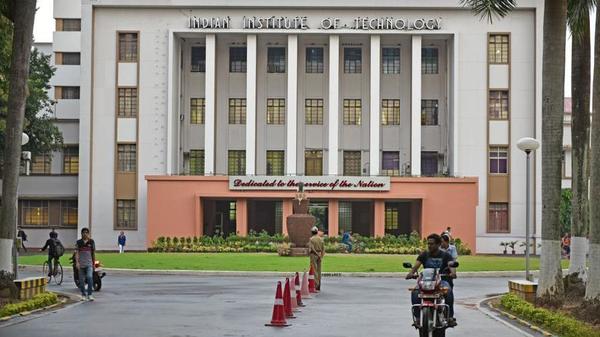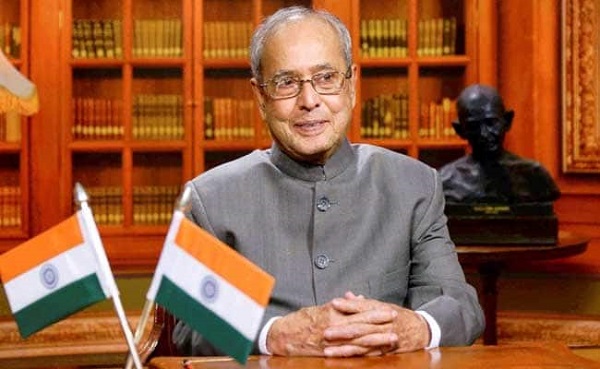The National Council of Educational Research and Training (NCERT) is the apex resource organisation to assist and advice the Central and State Governments in the formulation and implementation of their policies and programmes in the field of education, particularly school education and teachers’ training, says Major Harsh Kumar, Secretary, NCERT, in an interview with Elets News Network (ENN).
NCERT has completed more than 50 Years of “Leading the Change” in Indian education, what are the major achievements of the educational body in the last five decades?
If you ask about the achievements of NCERT, one can see that in the entire country, NCERT books are being read in order to maintain standards of education.
Since education is on the concurrent list, it is not a compulsive thing. Today, 28 States follow NCERT curriculum subject to the changes as per their requirement. We are trying for “One Nation One Syllabus” concept though we have different boards with different policies but this is presently a guideline only by NCERT but not a compulsion.
Besides, NCERT is conducting NAS (National Achievement Survey) after preparing a document on learning outcomes. The document describes about what a child should learn at a particular stage and what should be the outcome of that. On basis of that, we have been able to find out the gaps and it will be helpful in formulating the New Education Policy (NEP).
How the emergence of technology is helpful in developing a futuristic and compulsive curriculum?
If you visit our website, you will see CIET – where you can find digitalise books – the methods which are available for students free of cost. We also have apps which are rated as one of the best ones. We are moving on the aspect of digitalising the things. We have also developed tactile books for differently-abled children.
Government is going to release the New Education Policy (NEP) soon, what’s the role of NCERT in improving its guidelines?
NCERT is working in the field of education particularly school education and teachers’ training and also supporting Central and State Governments in formulation and implementation of their policies and initiatives in the field of education.
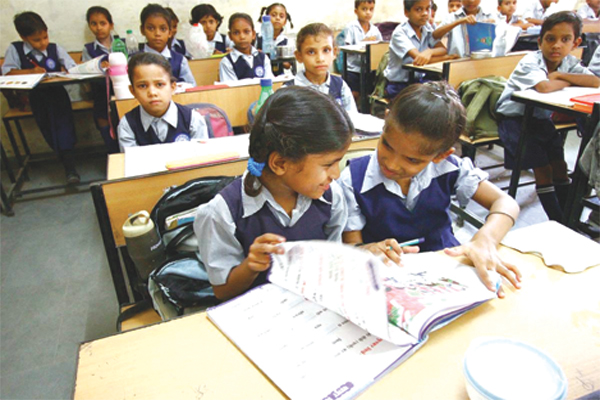 The NEP document has details about teachers’ education and teachers’ training and where we stand today. We have got our Regional Institute of Education (RIE) where we impart teacher education. We have got five demonstrative multipurpose schools also.
The NEP document has details about teachers’ education and teachers’ training and where we stand today. We have got our Regional Institute of Education (RIE) where we impart teacher education. We have got five demonstrative multipurpose schools also.
NCERT is imparting primary to a professional level training for BEd and Med degrees. We are the premier institute of training the teachers. The teachers trained from RIE are in high demand.
In most of the Kendriya Vidyalayas (KVs) and Navodaya Vidyalayas (NVs), one will find the students of RIE as teachers. There’s even a proposal that it should be encouraged across the country and very soon, we are going to come up with the new RIE at Nellore in Andhra Pradesh.
Encouraging teachers’ training will definitely improve quality of education in the country. NCERT also provide pre-service teacher education and in-service teacher education. We keep on conducting workshops for teachers who are currently in service.
NCERT endeavours to make school education learner-centric and student-friendly, how well it has fared so far and what is the roadmap ahead?
It has fared very well so far. This year we are publishing around six crore textbooks. There is a massive increase in the publication of these books. 28 states are recommending our books. Even the Kendriya Vidyalayas abroad recommend our content. Foreign countries are referring our content and books. It is methodical order on which it is based. That’s why people prefer NCERT books. It starts with the basics.
When you see the books you will find the difference how it is has been explained. We have got a channel on SWAYAM platform where the programme is run for the students.
The Central Institute of Educational Technology (CIET) at Delhi is digitalizing the content by NCERT. We have got all our content online, free of cost.
What are the challenges NCERT faces in aligning its different Constituents & Departments to facilitate the smooth operation of its Programmes?
Our team is working on the aforesaid and every day we are innovating something new. With the implementation on new policies, you will find many differences and then the things will be clearer in the next few months. We are going to conduct many new things this year, they are in the pipeline.
What message would you like to give to the teachers and students through digitalLEARNING platform?
For teachers – continuous training is required. It’s not that when they are in the service training ends but training is required throughout the service. That is why NCERT is conducting in-service training continuously. We have got a programme – Pindicts, in which teacher find out his/her can own capability that how he/she is faring. It is available online free of cost.
For students, not as Secretary of NCERT, but as an individual, I would like to tell students that they have to dream and dream big. They need to endeavour to realise those dreams. And how they can realise is that they should have faith in themselves and not depend on Government machinery. Rather than they should be working independently. Students should dream big and strive to achieve it with their hard work and whatever they believe to do.






